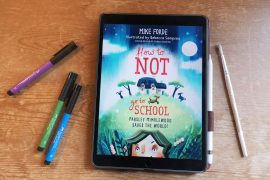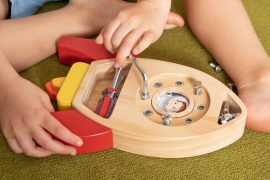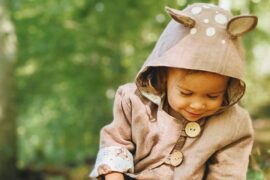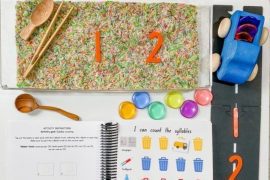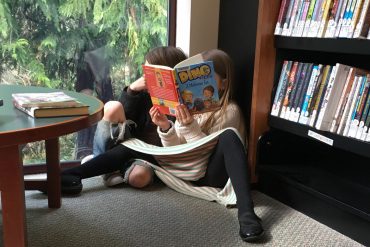Some of the many benefits of this approach to learning include:
Emotional wellbeing and resilience
How do we define success? The answer to this is often based on external factors such as wealth, material possession and career progression. However, someone could obtain all of these things and still lead an unhappy life. Our emotional wellbeing and ability to be resilient not only impact a child’s ability to learn in their schooling years, but their mental health more generally. This includes the likelihood they will or will not develop depression, anxiety or other mental health concerns.
Our emotional wellbeing provides the tinted lens we wear in which we see our world.
Creativity to drive innovation
Creative thinking and the ability to be innovative is a skill widely rewarded and needed in adulthood. Some education systems discourage such thinking through rigid curriculums that place emphasis on defining what a child ‘needs’ to learn and how.
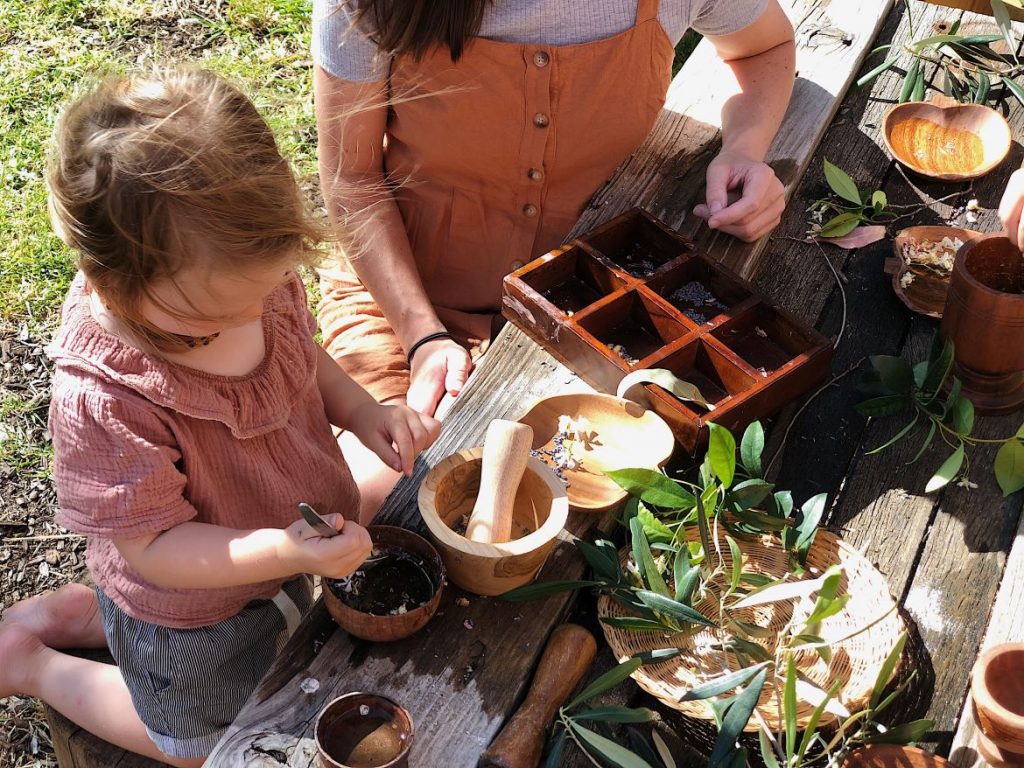
Allowing children to remain curious problem solvers supports the development of critical thinking while the very sense of curiosity drives learning as an intrinsic motivator. Learning occurs within the context of exploring and reflecting over the memorisation of facts.
Social relationships and community connectedness
Alfie Kohn speaks of the importance of collaboration over competition. Contests, competitions, awards ceremonies, honour rolls and prizes for being the “best”, all place an emphasis on excellence as winning. This sends a confusing message to children that in order to do something well they have to outdo others. The measure of our worth should not be held against the number of people we have beaten. We are born worthy.
Connection and a sense of purpose can drive us. They ignite a light within that motivates us intrinsically, supports our emotional wellbeing and allows us to lead a life we love.
As human beings we thrive through connection. Seeing peers as collaborators and not obstacles serves to support human connection and actually increases the likelihood we are able to reach our own goals and attain new skills, through the support and encouragement of community.
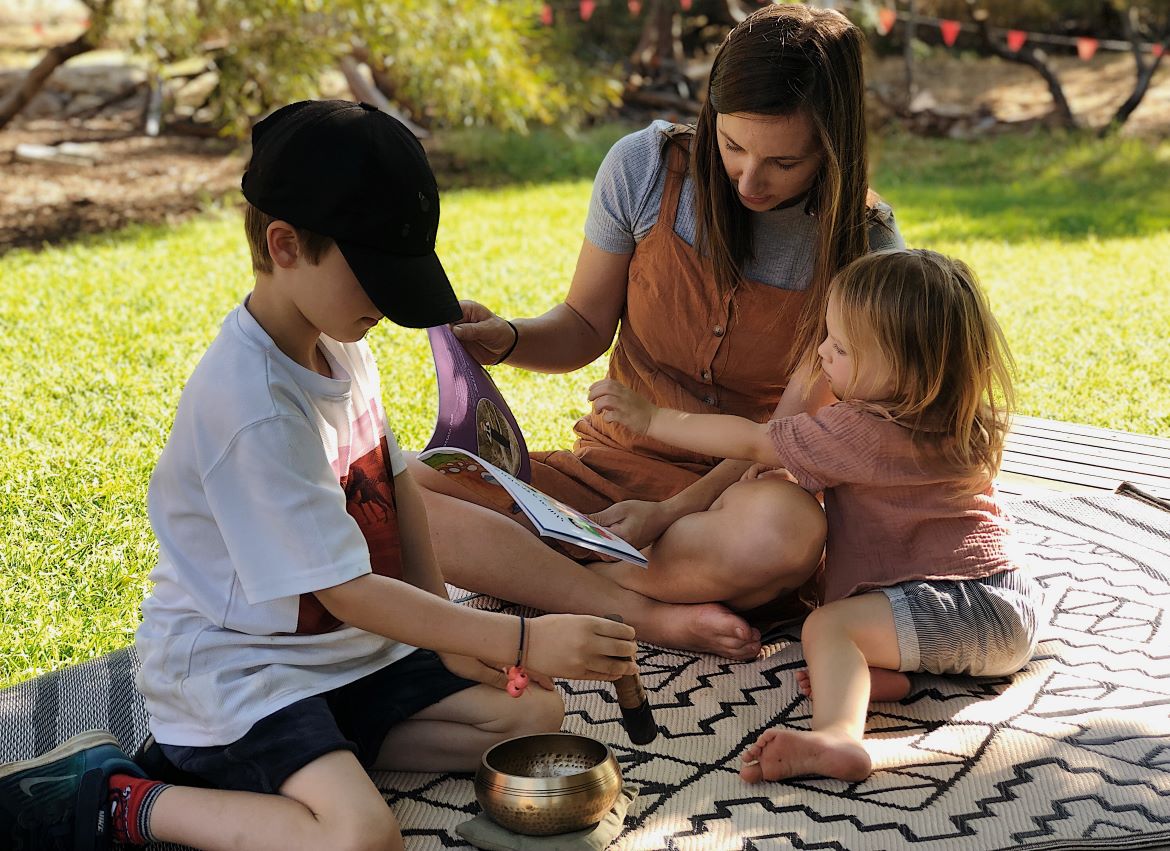
Social responsibility
It is now more widely accepted that our Earth is in need of help. We need to live more sustainably. Raising a generation of children who can support these changes cannot happen without first adopting a true appreciation and connection to our natural environments.
Holistic education supports environmental and humanitarian values such as compassion. We share this land with so many others and in some way we are all interconnected. For example, gratitude can be fostered from a deep understanding of what is involved in growing food when children are provided with a hands-on learning experience to garden. A child who feels connected to their environment is consequently more likely to treat it with the respect it deserves.
In providing an educational space that serves to meet the needs of the whole child, we are establishing foundations for them to lead a meaningful life. A life that gifts them with a freedom to be who they are meant to be, to follow their passions, to take awe in the natural world but also foster compassion to care for it and others.
Holistic education can be incorporated into mainstream schooling – but is something that needs to be advocated for in current systems. Change from the roots up is possible!
Hannah Warren is the owner of holistic play store, Ark and Luna. Here you will find lots of ethically and sustainably made toys and resources that support creative play, mindfulness and holistic education. Follow along on their Instagram and Facebook accounts for daily inspiration and links to free content.

